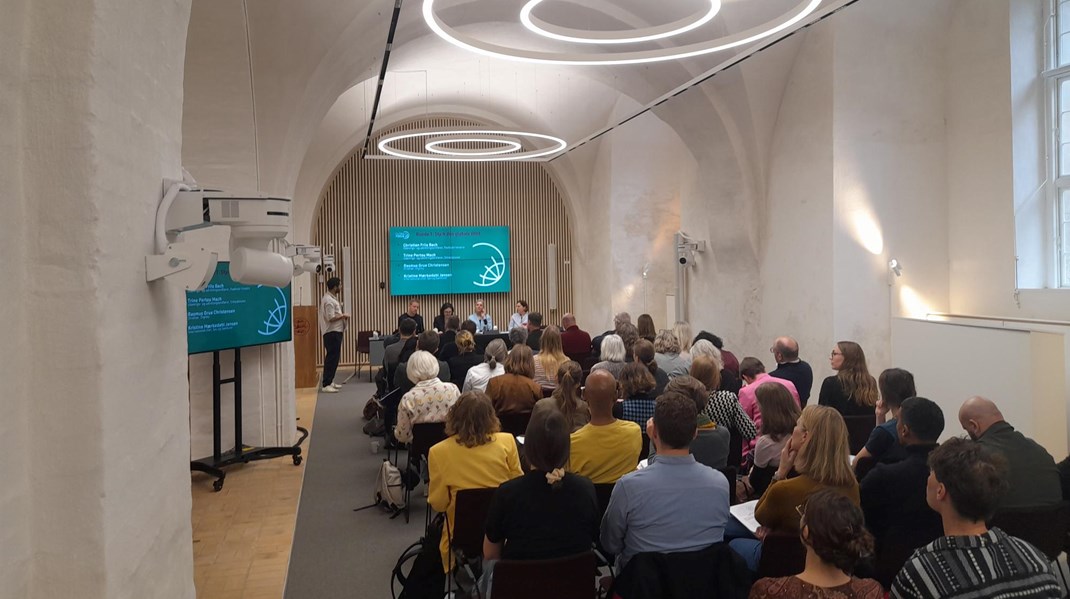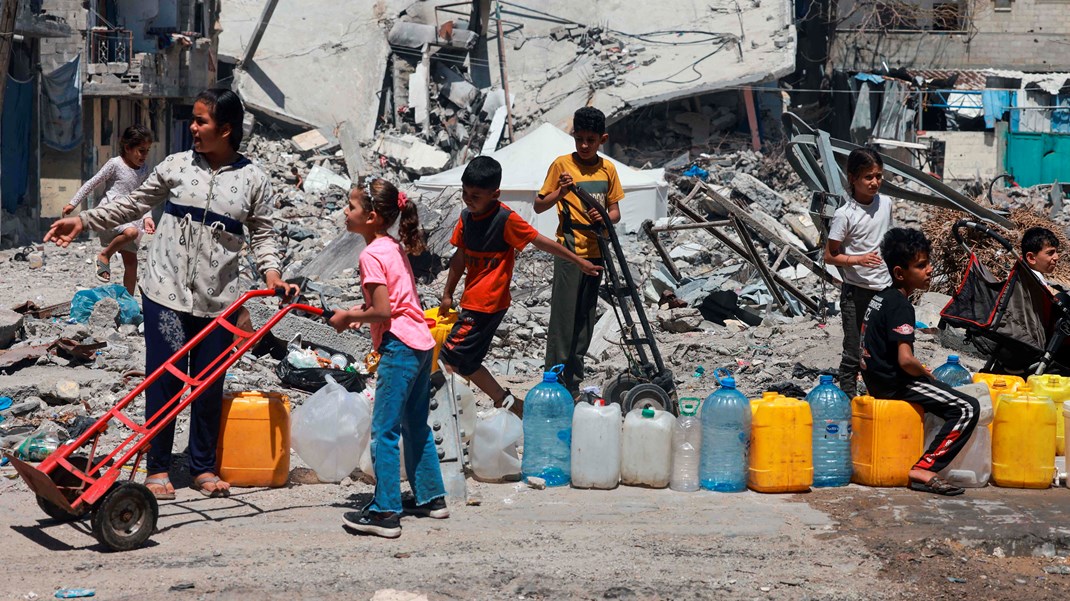Children’s needs central to response as Gambia uncertainty continues
UNICEF and partners working with Senegalese authorities on emergency plans to support displaced children in host communities
DAKAR, 19 January 2017 - As the Gambia faces an uncertain political transition, the situation raises concerns for the nearly 26,000 people – half of them children – who have left the country to neighbouring Senegal. The threat of unrest has also left thousands of children in the Gambia without access to education following the closure of schools in parts of the country.
“The world’s attention has focused on politics, but thousands of children and their families are caught up in this volatile and disruptive situation,” said Marie-Pierre Poirier, UNICEF’s Regional Director for West and Central Africa. “Our teams in Senegal and the Gambia are on standby to ensure that children's needs are at the centre of any response as the situation evolves.”
At the request of Senegalese authorities and United Nations partners, UNICEF's emergency plans are set to support up to 40,000 people for three months with health care, water, sanitation and education along the border areas. The plans also look to deploy experts and resources into host communities to help them cope with the influx of refugees.
To help families re-establish some degree of normalcy, the response will supply water and sanitation services in the most affected areas on the border. The goal is to install or improve 300 water points so the displaced population can get fresh water less than 500 meters from their temporary homes, and host communities will be equipped with latrines and showers. More than 10,000 bowls and hand washing kits are ready to be deployed to households so families has the basics to practice good hygiene and keep their children healthy.
Education planners expect that as many as 32,000 children from the Gambia might need school support in the coming months. As families settle into host communities, it is estimated that more than 50,000 Senegalese children could be joined by the wave of additional students into their existing schools.
If instability persists, learning materials – including English language curriculum from the Gambia – can be distributed to displaced children in the host schools in Senegal.
Emergency coordinators will also look to identify as many as 360 teachers and get them working within the Senegalese schools, operating in double shifts at shared school facilities.
“With schools closed in Gambia and people staying at home because of fear, children are missing out on their education,” said Poirier. “Education is critical to helping children cope with their situation, and we are doing all we can to ensure that kids are back in the classroom, back into normal life, as soon as possible.”
###
About UNICEF
UNICEF promotes the rights and wellbeing of every child, in everything we do. Together with our partners, we work in 190 countries and territories to translate that commitment into practical action, focusing special effort on reaching the most vulnerable and excluded children, to the benefit of all children, everywhere. For more information about UNICEF and its work visit: www.unicef.org
Follow us on Twitter and Facebook
For more information, or for interviews, please contact:
Patrick Rose, UNICEF West and Central Africa Regional Office, +221 786 380 250, [email protected]
Christopher Tidey, UNICEF New York, +1 917 340 3017, [email protected]


